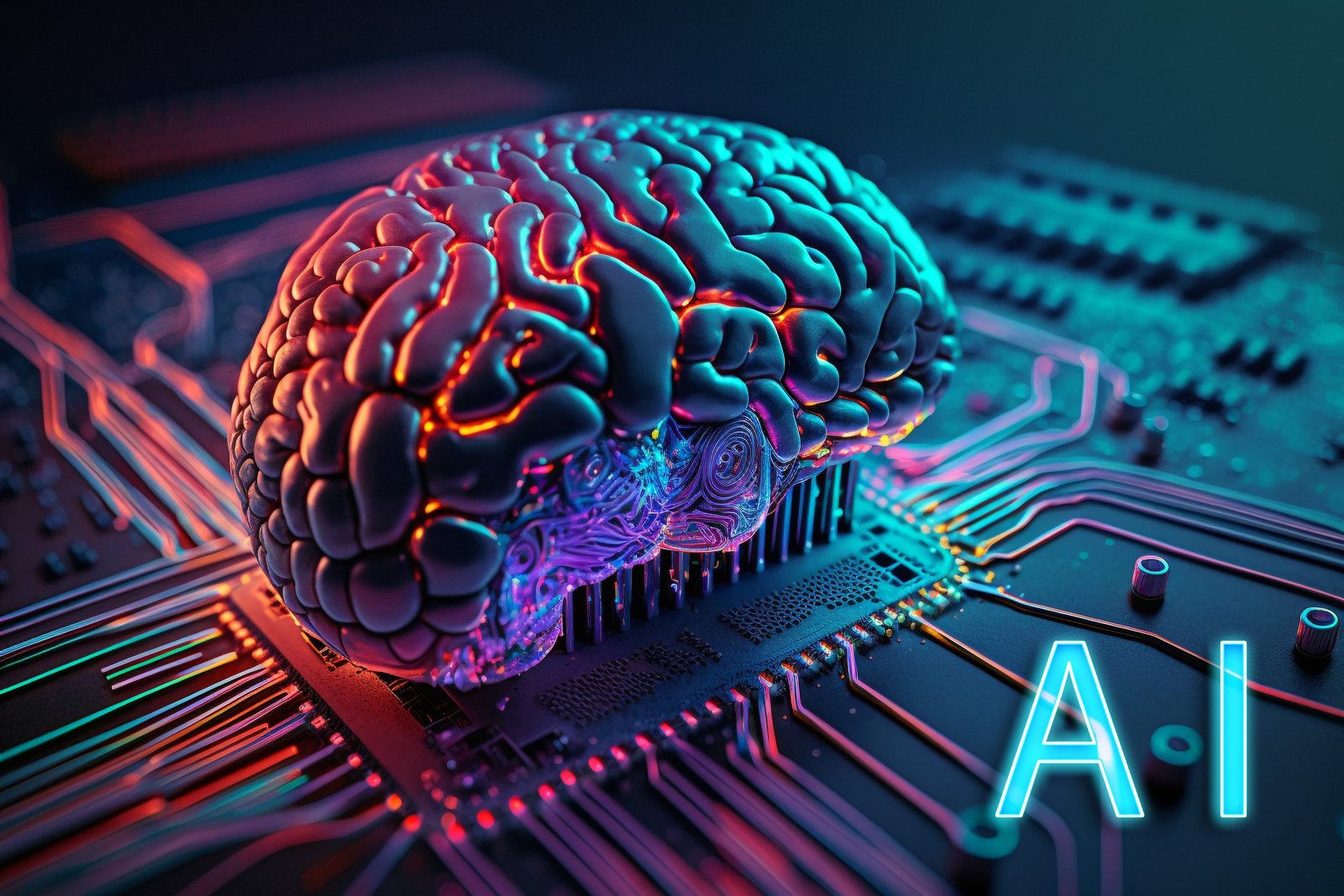
Artificial Intelligence (AI) has been on a remarkable journey, constantly evolving and pushing the boundaries of what machines can do. As we are near the end of 2023, AI is poised to make significant strides in various domains, transforming industries and impacting our daily lives.
In this article, we will explore the top five breakthroughs in artificial intelligence that are set to redefine the landscape in 2023 and beyond.
1. Quantum AI: A Leap in Processing Power
Quantum computing has long been heralded as the next frontier in technology, and 2024 may be the year it starts to revolutionize AI. Conventional computers use bits for processing information, which can either be a 0 or a 1. Quantum computers, on the other hand, use quantum bits or qubits, which can exist in multiple states simultaneously due to the principles of quantum mechanics. This enables quantum computers to perform complex calculations exponentially faster than classical computers.
In the realm of AI, this means tackling problems that were once deemed computationally infeasible. Tasks like simulating complex chemical reactions for drug discovery, optimizing supply chains, and training deep neural networks will see significant speed-ups. Tech giants like IBM, Google, and startups like Rigetti are racing to make quantum AI accessible to researchers and businesses, making 2023 a pivotal year for this exciting technology.
2. Explainable AI (XAI): Bridging the Trust Gap
AI has made remarkable strides in predictive accuracy, but its inner workings have often remained opaque. This lack of transparency has raised concerns about accountability and trust, especially in critical applications like healthcare and finance. Explainable AI, or XAI, seeks to address this issue by making AI algorithms more interpretable and understandable to humans.
In 2023 and later, we can expect breakthroughs in XAI techniques that shed light on the ‘black box’ nature of AI. Researchers are developing methods to visualize and explain AI decisions, making them more transparent and accountable. This will not only enhance trust in AI systems but also enable better collaboration between humans and machines.
3. AI in Natural Language Processing (NLP): The Era of Conversational AI
Conversational AI has been steadily advancing, and 2023 promises to be the year when it truly comes of age. GPT-4 and similar models will take NLP to new heights, with more accurate and context-aware responses. These models will power virtual assistants, chatbots, and customer service applications, providing more human-like interactions and understanding of user intent.
Additionally, AI-driven language translation services will continue to improve, breaking down language barriers and enabling seamless communication across the globe. In healthcare, AI-powered medical transcription services will revolutionize documentation and information retrieval, saving time for healthcare professionals.
4. AI in Healthcare: Precision Medicine and Drug Discovery
The healthcare sector is poised to experience a significant AI-driven transformation in 2023 and ahead. AI will play a crucial role in personalized medicine, where treatment plans are tailored to an individual’s genetic makeup and medical history. Machine learning models will analyze vast datasets to predict disease risk, optimize treatment options, and enhance patient outcomes.
In drug discovery, AI will expedite the identification of potential drug candidates. By simulating molecular interactions and predicting their effectiveness, AI can drastically reduce the time and cost associated with developing new drugs. This will be particularly critical in addressing emerging health challenges and pandemics.
5. AI in Autonomous Vehicles: Towards Safer Roads
The autonomous vehicle industry has been making steady progress, and the upcoming years promises to be a milestone year. AI algorithms for self-driving cars will continue to improve their ability to perceive and navigate complex environments. This will bring us closer to achieving safer and more reliable autonomous transportation.
AI’s role in transportation extends beyond autonomous vehicles. Traffic management systems will become smarter, optimizing traffic flow and reducing congestion. Predictive maintenance powered by AI will enhance the reliability of public transportation systems, reducing downtime and improving efficiency.
Final thoughts
The upcoming time holds immense promise for artificial intelligence, with breakthroughs in quantum computing, explainable AI, natural language processing, healthcare, and autonomous vehicles reshaping industries and our daily lives.
These advancements are not only pushing the boundaries of what AI can achieve but also addressing critical issues of trust, transparency, and safety. As AI continues to evolve, its transformative potential remains limitless, and the world can anticipate a future where AI-driven innovations touch every facet of human existence.
